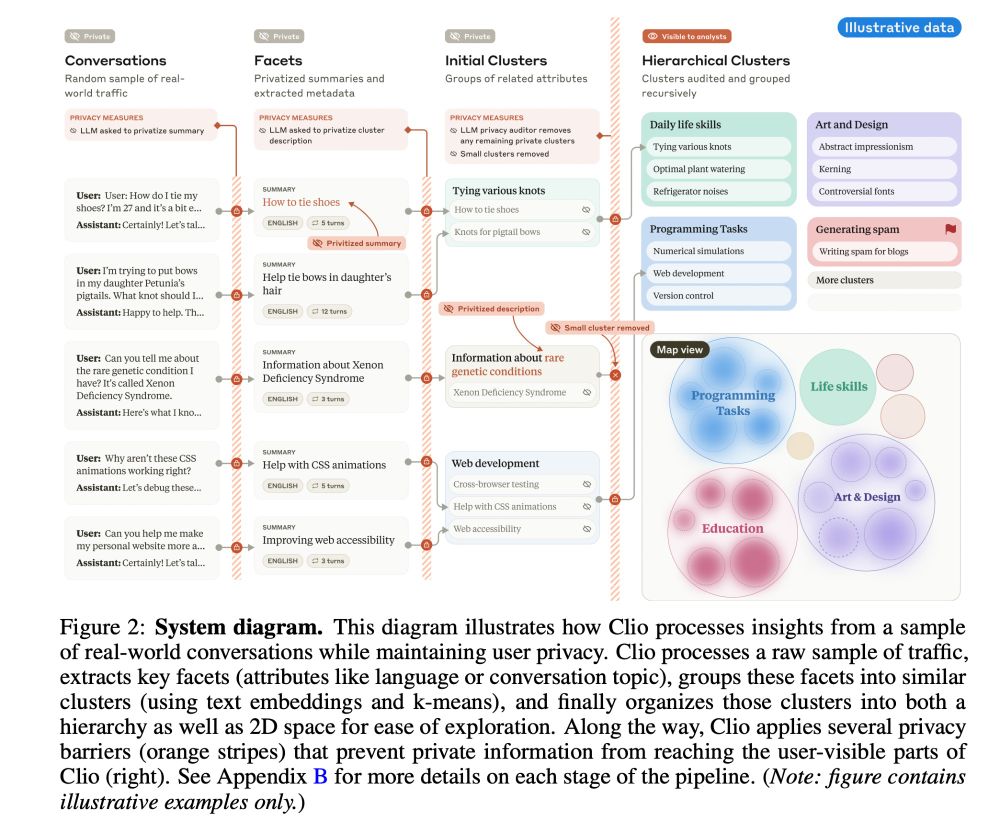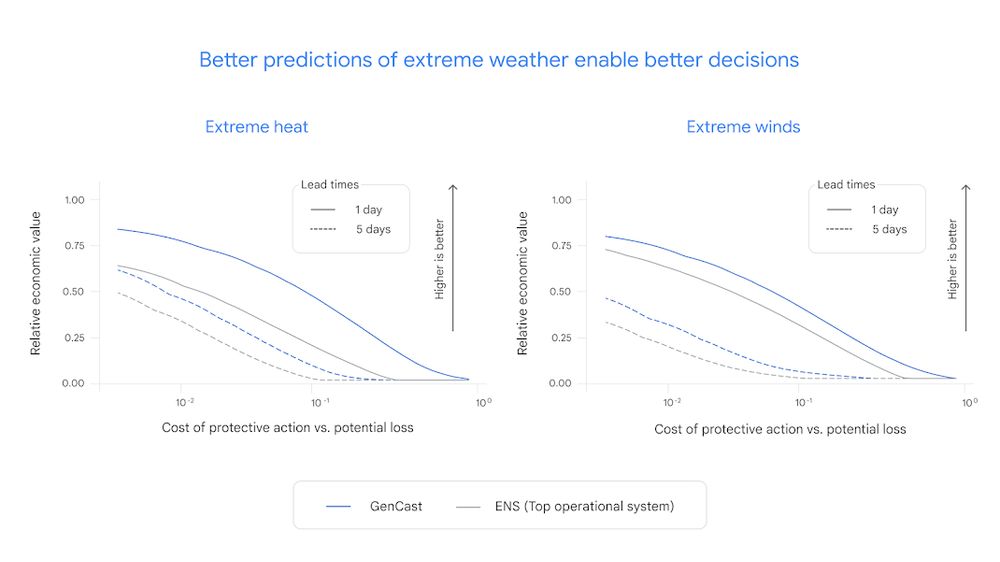
Nice analysis of LinkedIn data to estimate the impact of AI on jobs between 2010 and 2023.
It illustrates the complexity of AI economic impacts: what exposure taketh away, complementarities and productivity giveth.
www.menakahampole.com

Nice analysis of LinkedIn data to estimate the impact of AI on jobs between 2010 and 2023.
It illustrates the complexity of AI economic impacts: what exposure taketh away, complementarities and productivity giveth.
www.menakahampole.com
Cool @sloanfoundation.bsky.social opportunity for anyone interested in studying AI x science adoption and impact. It is also very aligned with the evidence and experimentation recommendation in our recent essay!
sloan.org/programs/dig...

Cool @sloanfoundation.bsky.social opportunity for anyone interested in studying AI x science adoption and impact. It is also very aligned with the evidence and experimentation recommendation in our recent essay!
sloan.org/programs/dig...
darioamodei.com/on-deepseek-...

darioamodei.com/on-deepseek-...




Cool complexity economics analysis of a scenario that sadly looks a bit sci-fi in the current political circumstances. It would be interesting to study labour market impacts of AI with this approach.

Cool complexity economics analysis of a scenario that sadly looks a bit sci-fi in the current political circumstances. It would be interesting to study labour market impacts of AI with this approach.



Neat analysis of the link between expectations and outcomes in technological evolution.

Neat analysis of the link between expectations and outcomes in technological evolution.

The essay argues that Bell labs balanced them by retaining a focus on advancing knowledge while staying connected to AT&Ts technical / commercial problems.

The essay argues that Bell labs balanced them by retaining a focus on advancing knowledge while staying connected to AT&Ts technical / commercial problems.
Incentives / institutions create a bias towards tackling existing questions and problems (vs. exploring new questions / problems.)

Incentives / institutions create a bias towards tackling existing questions and problems (vs. exploring new questions / problems.)
2 areas: science and technology
3 mechanisms for progress in each area (facts/explanations/generalisations and functions/forms/exaptions)
2 styles of progress: generate surprises / consolidate knowledge

2 areas: science and technology
3 mechanisms for progress in each area (facts/explanations/generalisations and functions/forms/exaptions)
2 styles of progress: generate surprises / consolidate knowledge
The genesis of TS revolutions was one of the best innovation books in recent years. In this new essay, the authors summarise and expand its ideas.

The genesis of TS revolutions was one of the best innovation books in recent years. In this new essay, the authors summarise and expand its ideas.






Anthropic have developed a pipeline to cluster and visualise Claude user conversations. This is informing trust and safety efforts and creating evidence about AI real-world adoption. Very cool!
assets.anthropic.com/m/7e1ab885d1...

Anthropic have developed a pipeline to cluster and visualise Claude user conversations. This is informing trust and safety efforts and creating evidence about AI real-world adoption. Very cool!
assets.anthropic.com/m/7e1ab885d1...
www.nature.com/articles/s41...

www.nature.com/articles/s41...


